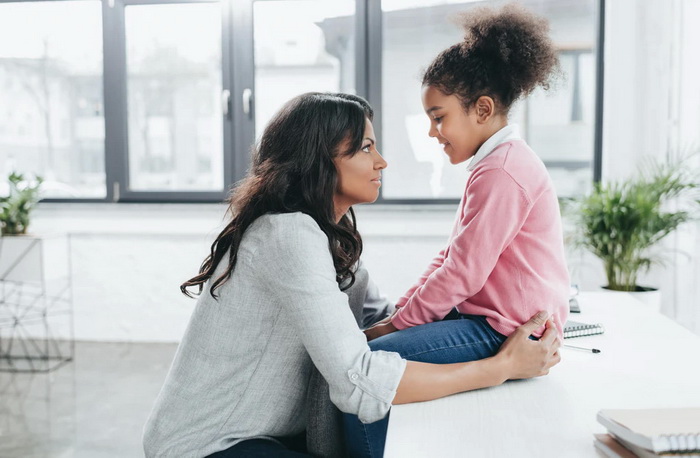VALIDATION. This topic has been showing up lately in deep and meaningful conversations with people whom I love and admire very much, therefore I decided to bring up the topic with you as well.
VALIDATION can be looked at and understood from many different perspectives, but we are interested in conscious parenting in this community. And so, let’s recap what we know about children:
- under the age of 7, children interpret the world through felt feelings based on how parents interact and react to the child;
- any level of rejection and disapproval, spoken or unspoken, mild or strong, translates into the child’s mind as I Am Not Accepted for Who I Am, as I am, therefore I Must Please Them to Accept Me. Inevitably, this leads to different adaptations and coping mechanisms which cover up the child’s authenticity ( true nature). Over time, these adaptations become IDENTITIES. Most adults do not have any insights on this distinction and act according to their adaptations/ false identities. These are the adults who become “validation- hungry”; often, they develop acute narcissistic personality traits. Ideally, these adults would seek help in therapy.
- “For maturation to result, children need to find REST from the work of attachment. A child needs to find some rest from the relentless pursuit and preservation of proximity, in order for growth and maturation to result. Attachment, as the preeminent need of children, always takes first priority in the brain.” (Gordon Neufeld, PhD.) – in simple words, what this means is that it is the parent’s responsibility to maintain the secure attachment relationship (the child shouldn’t work hard for it!); this requires safety, acknowledgement and connection;
- children have an inborn antenna in their limbic system that is constantly scanning the environment (mom and dad and the family dynamic, primarily) for cues for threat ( yelling, frowning, punishments, rejection) or cues for safety (emotional warmth, enjoyment, delight, play, laughter, time spent together without gadgets);
- children need A LOT OF TIME together; not busy time, but easy time ! (for rest, for unstructured play, for “doing nothing” together with us).
Validation for children happens naturally when we see them; when we value them; when we accept them as they are. As we do that, children have a chance to develop a STRONG SENSE OF SELF, which will later on give them the strength to make mistakes and bounce back effortlessly.
What must we validate in children?
- their feelings
- their pain
- their fears
- their preferences and hobbies
- their states of mind
- their academic abilities.
Validation does not mean lack of guidance, structures, boundaries, limits, routines and expectations. I hope this distinction is clear.
This topic is vast and complex- to be continued.
Message me your thoughts. How are you validating your child? Is this hard for you? How were you validated as a child?
Books I recommended:
- Hold On to Your Kids, by Gordon Neufeld and Gabor Mate
- The Awakened Family, by Shefali Tsabary
- Listen, by Patty Wipfler and Tosha Schore
- Conscious Parenting of Your Toddler, by Mihaela Plugarasu
